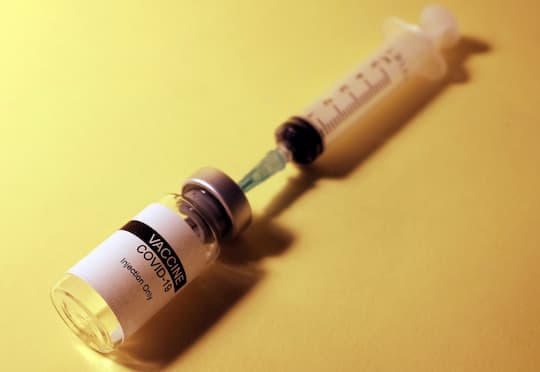How effective is the Pfizer vaccine and do people need a second shot for immunity?
A single shot of the Pfizer-BioNTech COVID-19 vaccine gives people 90 percent protection 3 weeks after injection.
A study reveals that people in Israel who received the first jab of the Pfizer vaccine were highly protected against the SARS-CoV-2 virus.
However, it can take up to 21 days after the initial injection for a single dose to achieve 90 percent immunity from the disease.
If the protection is that high then having a second dose seems to be unnecessary and wasteful when most countries are struggling to secure a vaccine.
The recommended time frame for a second dose is after 21 days but in the UK the current decision has been to delay this up to 12 weeks after the first injection.
The present study supports the UK’s plan but the authors highlight that the risk of infection is doubled during the first eight days after injection due to people became careless after having their vaccine.
Professor f Paul Hunter, the study’s first author, said:
“A second dose of the Pfizer vaccine would normally be given 21 days or more after the first to top up and lengthen the effect of the first dose.
But here in the UK, the decision was made to delay the timing of the second injection until 12 weeks after the first.
The logic behind this is to protect more people sooner and so reduce the total number of severe infections, hospitalisations, and deaths.
But this decision caused criticism from some quarters due in part to a belief that a single injection may not give adequate immunity.
A recent non peer-reviewed pre-print paper based on Israel’s experience looked at data from 500,000 people who had been given the Pfizer vaccine.
It reported that a single dose may not provide adequate protection.
But we saw a number of flaws in how they looked at the data including the fact that they did not attempt to estimate the effectiveness of the vaccine from day 18 onwards.
This would have given a better indication of how effective a single dose of the vaccine could be if the second dose was delayed by up to 12 weeks.”
The team wanted to find out how effective a single dose of the Pfizer COVID-19 vaccine is by using real-world data.
The outcome suggests that the number of coronavirus cases will increase for eight days after the first dose but then will decline to their lowest by day 21.
Professor Hunter said:
“Surprisingly, the daily incidence of cases increased strongly after vaccination till about day eight—approximately doubling.
We don’t know why there was this initial surge in infection risk but it may be related to people being less cautious about maintaining protective behaviours as soon as they have the injection.
We found that the vaccine effectiveness was still pretty much zero until about 14 days after people were vaccinated.
But then after day 14 immunity rose gradually day by day to about 90 percent at day 21 and then didn’t improve any further.
All the observed improvement was before any second injection.
This shows that a single dose of vaccine is highly protective, although it can take up to 21 days to achieve this.
And it supports the UK policy of extending the gap between doses by showing that a single dose can give a high level of protection.
Whilst we do not know how long this immunity will last beyond 21 days without a second booster, we are unlikely to see any major decline during the following nine weeks.
The study was published in medRxiv (Hunter & Brainard, 2021).

